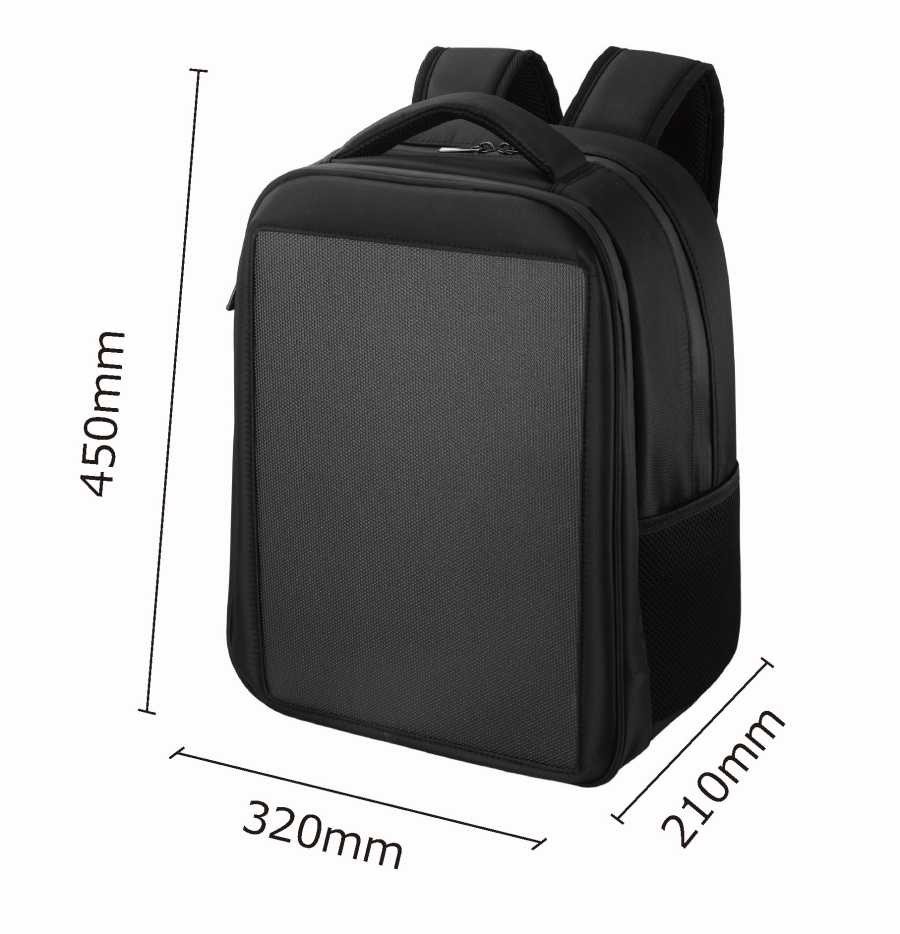A flexible solar panel is a type of solar panel that uses flexible and lightweight materials, such as thin-film solar cells or silicone, instead of traditional glass-based solar cells. These solar panels can be bent, folded, or rolled, making them more versatile and adaptable than traditional rigid solar panels.
Flexible solar panels are made up of one or more layers of photovoltaic cells that convert sunlight into electricity. The cells are connected in series or parallel to create a solar module, which is then connected to an inverter to convert the direct current (DC) electricity generated by the cells into alternating current (AC) electricity that can be used in homes and businesses.
Flexible solar panels are used in a variety of applications, including:
Portable and off-grid power systems: such as camping gear, boats, RVs, and portable lighting systems.
Building-integrated photovoltaics (BIPV): such as solar roofing, solar facades, and solar window films.
Consumer electronics: such as mobile phone chargers, portable solar-powered lights, and solar-powered backpacks.
Military and emergency response: such as powering communication systems, lighting, and medical equipment in remote locations.
Flexible solar panels have some benefits, such as:
They are lightweight and easy to transport and install.
They can be bent and shaped to fit curved or irregular surfaces.
They can be integrated into the design of a building or product, making them less visible.
They are less fragile than traditional glass-based solar panels and can withstand wind, hail, and other environmental factors.
Flexible solar panels are not as efficient as traditional solar panels, due to the use of thinner, more flexible materials, but they are becoming more efficient over time. It is important to evaluate the specific requirements of an application before choosing a flexible solar panel, as the efficiency and durability of the panel will vary depending on the materials and construction methods used.



 English
English 中文简体
中文简体 Français
Français Español
Español Deutsch
Deutsch


















